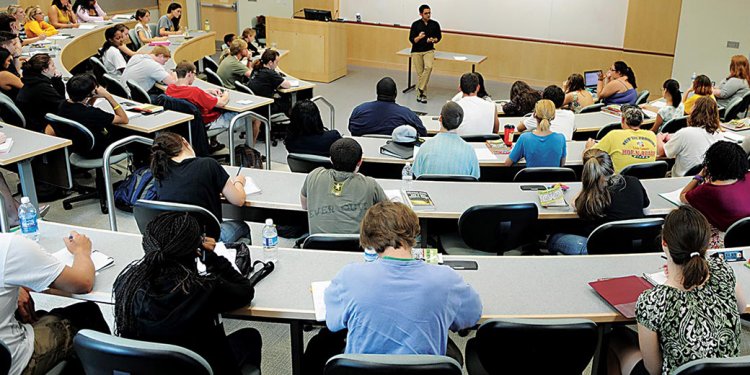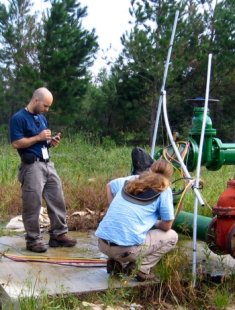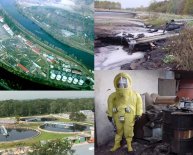
Careers in Environmental Protection
 Environmental chemists monitor what is in the air, water, and soil to study how chemicals enter the environment, what affects they have, and how human activity affects the environment. They monitor the source and extent of pollution and contamination, especially compounds that affect human health, and they promote sustainability, conservation, and protection.
Environmental chemists monitor what is in the air, water, and soil to study how chemicals enter the environment, what affects they have, and how human activity affects the environment. They monitor the source and extent of pollution and contamination, especially compounds that affect human health, and they promote sustainability, conservation, and protection.
Environmental chemists can be involved in analytical testing or new product development in the lab, or work with users of chemicals in the field, and safety and regulatory issues in an office.
On an average day an environmental chemist must be able to understand and use knowledge from other disciplines, including biology, geology, ecology, sedimentology, mineralogy, genetics, soil and water chemistry, hydrology, toxicology, math, and engineering. Because the environment is so complex, environmental chemistry is a very interdisciplinary field, and environmental chemists work with many other kinds of scientists. Most environmental science and protection technicians work for state or local governments or in private consulting firms.
- Are the groundwater and earth beneath industrial and municipal dump sites contaminated with pollutants? If so, how can these sites be remediated?
- What happens to the household chemicals in the cleaners that run down your drain?
- What is the impact of factory carbon emissions on our air quality and climate?
- How can we reduce the amount of waste product from manufacturing and/or turn the waste product into compost, energy, or another useful product?
- What environmental regulations apply, or should apply, to companies?





















